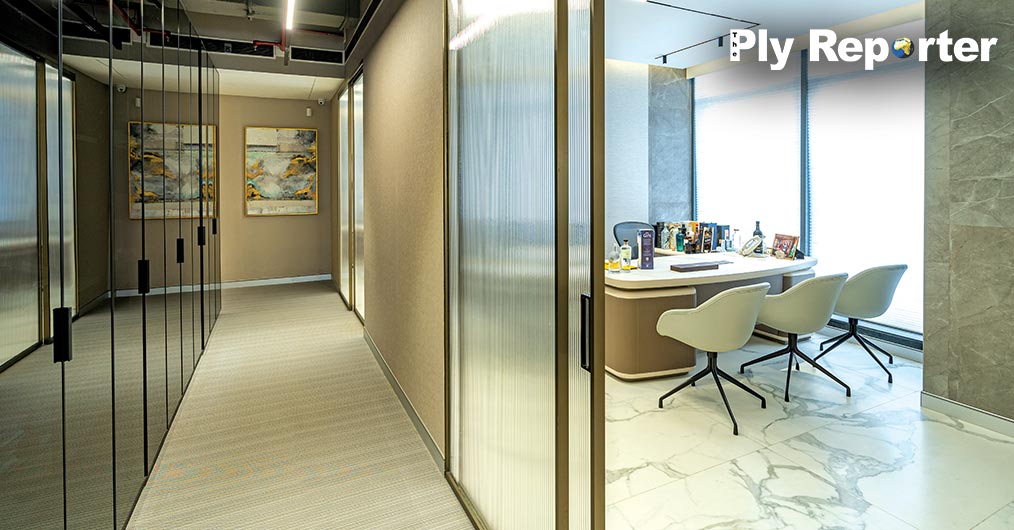Sliding doors have become increasingly popular in recent years across homes and commercial settings alike. Their stylish appearance and functional advantages have led many designers and homeowners to view them as a contemporary replacement for conventional hinged doors. But are sliding doors really better than traditional ones? Experts share their insights on the benefits and drawbacks of both options.
Supporters of sliding doors emphasize their space-saving features and modern aesthetic. Ritu Gupta and Sajal Lamba highlight their ability to optimize usable space and create larger entrances, ideal for contemporary luxury homes. However, Avanish Singh Visen cautions against disregarding traditional doors, noting their excellence in sound insulation and security. While sliding doors excel in functionality and design adaptability, traditional doors offer privacy and classic charm.
Despite the benefits of sliding doors, they require regular maintenance, may not open as wide, and can be expensive. Advanced sliding systems like Häfele’s Slido F-Line42 50B and 50C address issues like door misalignment. The choice between sliding and traditional doors depends on individual needs and style preferences.

Client feedback on sliding doors is highly positive, with users appreciating the modern look, space-saving benefits, and ease of use. Sliding doors offer various styles and innovations like magnetic levitation and integrated sensors, enhancing energy efficiency, security, and customization. However, maintenance and access limitations underscore the importance of careful planning and quality hardware selection. Despite these considerations, sliding doors remain popular and valuable in modern living spaces.